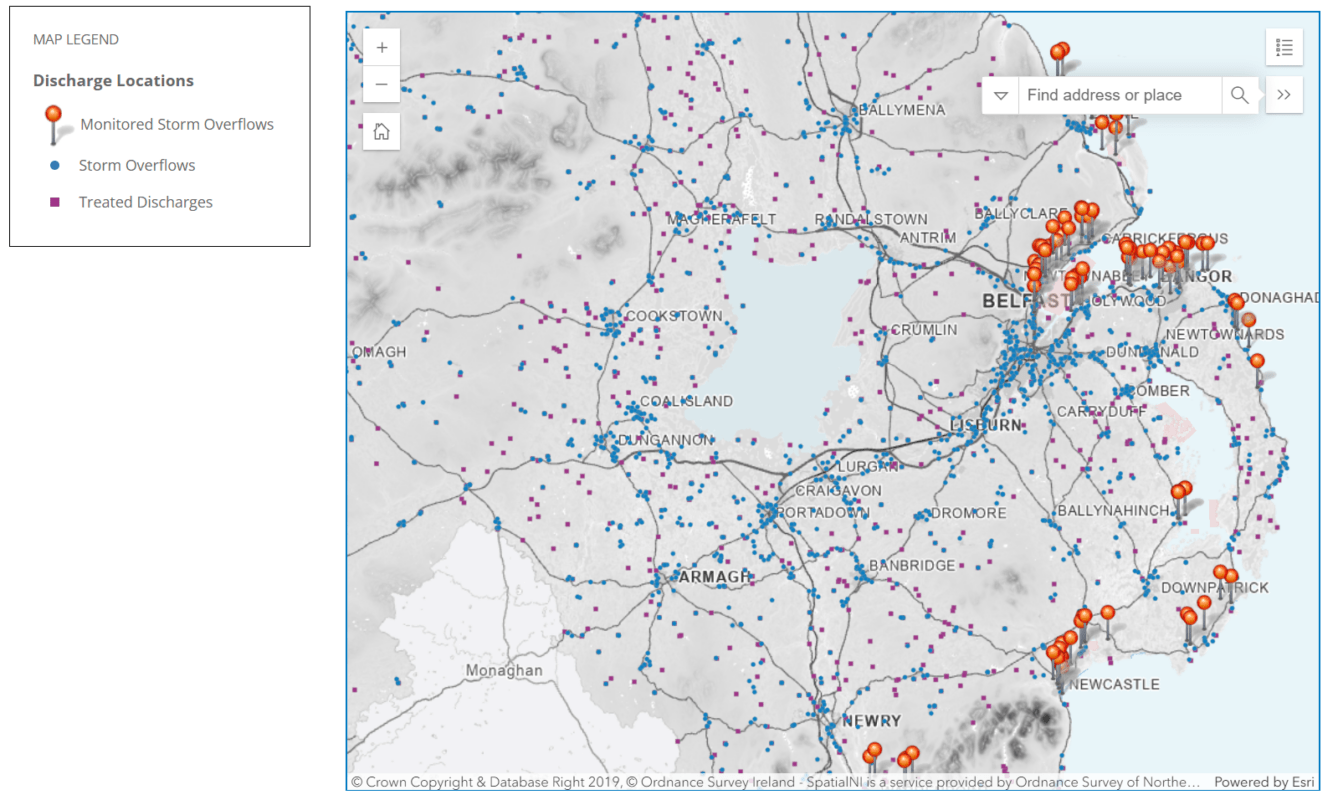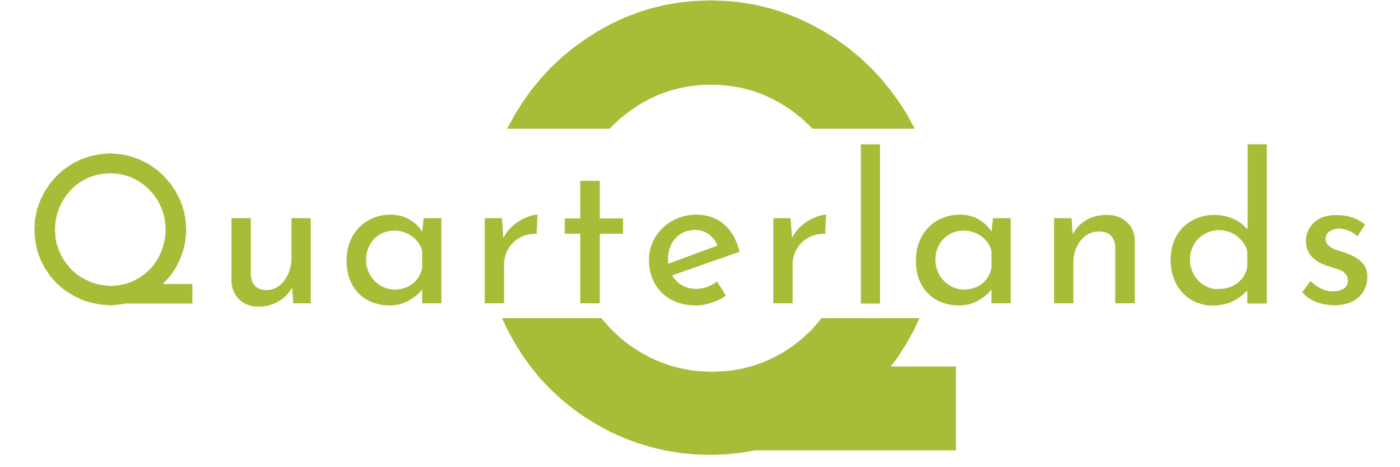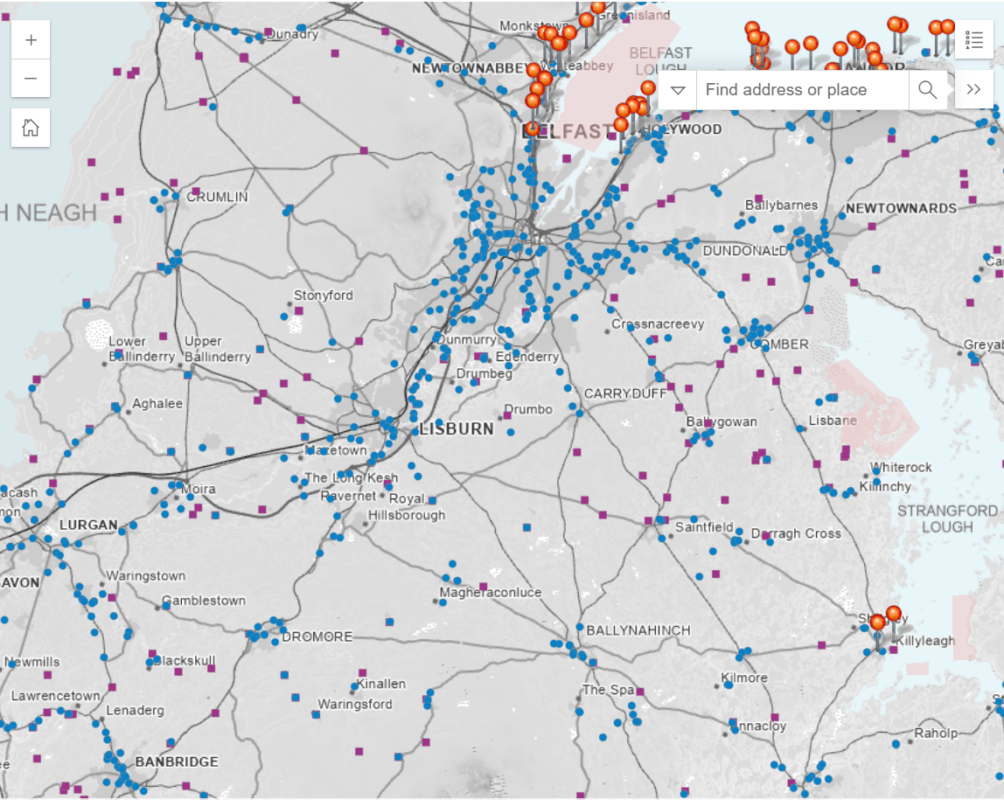Storm Overflows and Northern Ireland Water:
Understanding the Impacts
Storm overflows, also known as Combined Sewer Overflows (CSOs), are designed as emergency release valves in wastewater systems, venting untreated sewage with rain water. Meant to operate only during extreme weather events when heavy rainfall overwhelms sewer capacity these overflows prevent sewage from backing up into homes and streets by unloading excess water, mixed with untreated sewage, directly into rivers, lakes, or coastal waters.
In practice in Northern Ireland, storm overflows are frequently misused due to aging infrastructure and underinvestment. Instead of being rare, last-resort measures, they are often triggered even by moderate rainfall, leading to repeated and avoidable pollution events that harm human health, wildlife, and the environment.
The Toxic Effects of Storm Overflows
While storm overflows prevent immediate flooding, the untreated sewage they release carries a mix of pollutants harmful to:
- Human Health:
- Untreated sewage contains bacteria and viruses such as E. coli and norovirus, which can contaminate swimming areas, shellfish, and drinking water sources, leading to illnesses.
- Children, swimmers, and those living near affected waterways are particularly at risk.
- Pets swimming in toxic waters can carry bacteria and viruses back into cars and homes where more vulnerable people can be exposed.
- Wildlife and Aquatic Ecosystems:
- Pollutants like ammonia and pathogens reduce oxygen levels in water, killing fish and other aquatic life.
- Nutrient-rich sewage causes algal blooms, which block sunlight and further deplete oxygen, creating “dead zones.”
- Toxic substances accumulate in the food chain, affecting birds, mammals, and other predators reliant on aquatic ecosystems.
- The Broader Environment:
- Overflow events pollute rivers, lakes, and coastal areas, harming the biodiversity that sustains these ecosystems.
- Contamination disrupts recreational areas and tourism, diminishing public enjoyment and economic opportunities.
- Long-term discharges contribute to the degradation of vital habitats, such as those in the Lagan Valley Regional Park.
The Way Forward
Reducing the impact of storm overflows in Northern Ireland requires:
- System Upgrades: Modernizing wastewater infrastructure to separate stormwater from sewage can significantly reduce overflow events.
- Real-Time Monitoring: Improved transparency with real-time public reporting on overflow activity would build public trust and encourage accountability.
- Increased Investment: Greater financial resources are needed to meet environmental standards and protect communities from the toxic effects of untreated sewage.
- Public Awareness: Educating the public about what they can do to reduce strain on the system, such as avoiding improper disposal of fats and wipes, can help minimize blockages and overflows.
Storm overflows may be a legacy of older infrastructure, but their environmental cost is no longer acceptable. While NI Water plays a critical role in managing these systems, the scale of the challenge requires action from government, regulators, and the public alike to ensure clean water and a healthy environment for future generations.
Stay informed about how we can protect our waterways.
Check out the state of your own local Storm Overflow. Click on the dots (opens the map in a new window)


Together, we can demand better infrastructure, greater transparency,
and a sustainable future for Northern Ireland.

